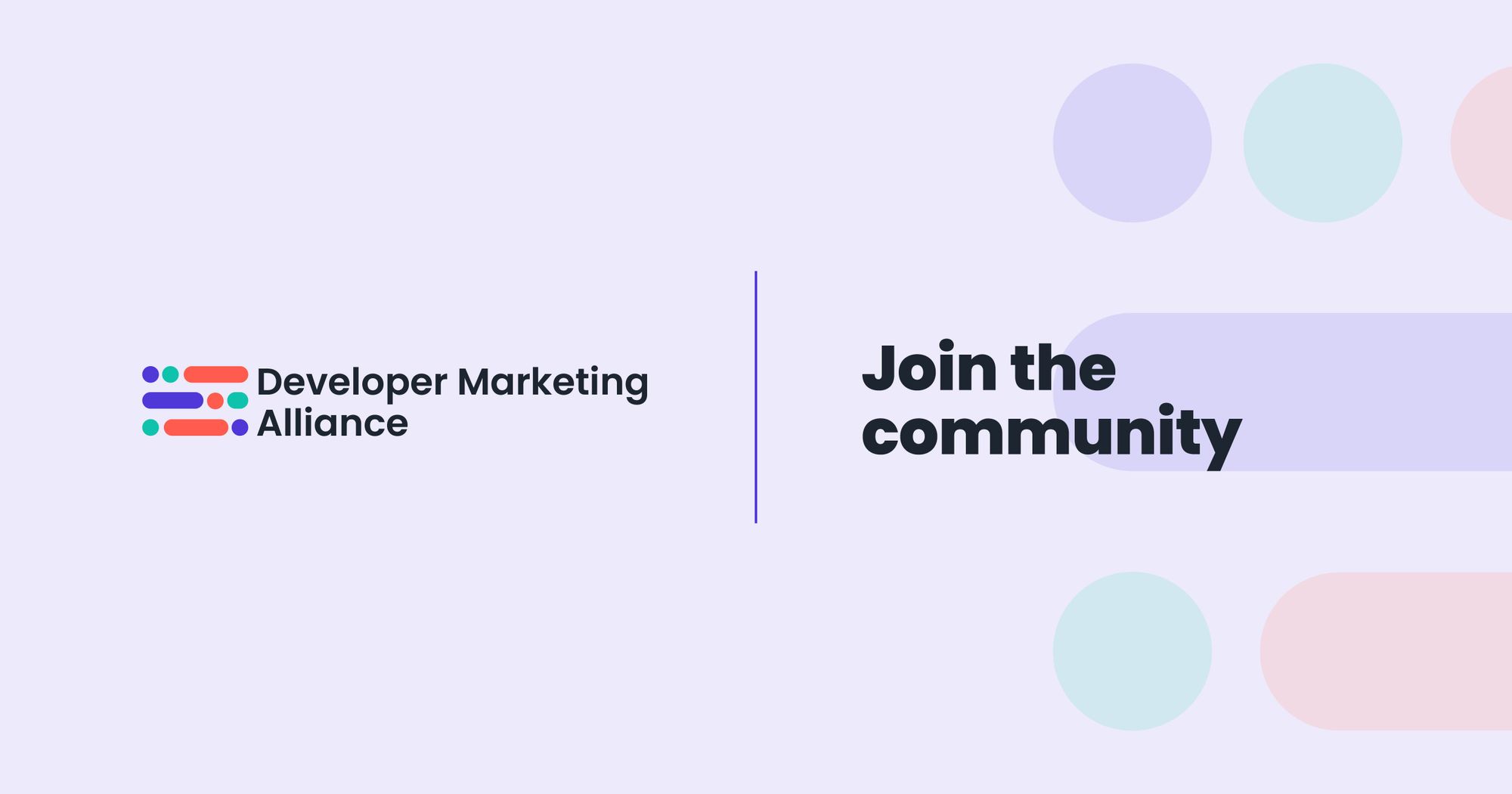It can be challenging to know if your community is hitting its targets - especially if you aren’t even sure what those targets are. So how do you set and measure goals for your community?
OKRs are a great way to set goals and understand how to achieve them.
This article will explain:
What are OKRs?
An OKR is an acronym for objectives and key results and is a goal-setting tool to help you understand what you want to achieve, what you need to accomplish, and how to achieve these goals.
Using OKRs within your community-led strategy can help you to have measurable goals, track growth, and communicate your community’s ROI to stakeholders.
Objectives
Your objective is your key goal for the community, defining this can help you to keep you on track and better prioritize your time. Sharing this goal within your team or organization can help everyone to stay on the same page and can help to align the community and business goals.
An example of a community objective might be:
🌟 Become the largest community in our industry.

Key results
Key results are an indication of achievement. These are specific measurable targets to hit to know that you are on track to achieve your objective.
For each objective, you should aim to have three to five key results to track its success. These results should be SMART (specific, measurable, attainable, relevant, and time-bound) and should have a clear metric to track.
Using the above example the key results for that objective might be:
- Publish six blog posts in the next 30 days.
- Increase community sign-ups by 50% in the next 60 days.
- Double the number of active monthly community users in the next 90 days.
What are the benefits of community OKRs?
There are a multitude of reasons why you should be using OKRs to track your community’s health and growth, including strategic alignment and tracking progress.
Here’s a selection of some of the benefits of employing OKRs that will explain why you need OKRs in your community-led growth strategy.
Strategic alignment
Having clear objectives that can be shared with stakeholders can be integral in helping them to understand the ROI of the community for the company. These objectives can also support strategic alignment by being linked with organizational goals or targets.

More effective decision-making and prioritization
It can be hard to prioritize your time as a community manager. Replying to messages, comments, and emails as well as managing higher-level, strategic tasks can be a lot to juggle. OKRs can make this much easier as you only have to ask yourself if this will bring you closer to your goals.
Your objectives can help to remind you of the direction you’re heading in and your key results should show you if you’re on the right track.
This can help you to make more informed decisions about your community, while also helping you to balance your time and tasks effectively.
Track progress and ROI
Setting goals and measuring the results is key for tracking your communities growth and ROI. OKRs provide the perfect framework for you to understand your objectives and how you are going to achieve them. You can even specify which metrics are the most important for success.
Boost team engagement
By giving your team a specific goal to work towards they will be more engaged and excited to work towards this target - especially if they were involved in creating the goals.
Working towards a vague goal can be demotivating and this lack of clarity can muddle your ability to gauge your progress. What’s worse is this can lead members of your community to disengage.
By creating and sharing OKRs within your team you can re-engage and motivate your team to meet those community goals.
Increases community ambition
While everyone wants to thrive in what they do, OKRs ought to be a stretch to reach, not guaranteed. This should stir out-of-the-box thinking and encourage an ambitious streak throughout your team, as they strive to hit goals that seem just out of reach.
We’re firm believers that this makes hitting these goals that much more rewarding!

How to set your community OKRs
Hopefully, we’ve now convinced you that OKRs are essential for your community-led strategy - but where do you even begin?
Setting up new OKRs from scratch might seem a little scary, but it’s easier than you might think!
Brainstorm community vision
Setting your community OKRs should be a team effort (or even a cross-function effort) but to make things easier you might want to start with a simple brainstorming on how you want the community to look in the future. This can include values, growth, or anything else you can think of. This vision brainstorm can hopefully be summarized and help you in the next step.
Define your objectives
With the help of your community vision, you can start to define some objectives for your community. We recommend starting with one to three objectives so you stay focused on hitting each goal.
These objectives represent the change you want to see in your community and should be actionable and inspirational. Don’t be afraid to be ambitious with your objectives - they should push you towards better community outcomes.
Specify your key results
Once you have settled on your objectives, you can turn your focus to your key results. These should be measurable outcomes that show that you are on your way to achieving your objective. It’s also good to include a metric that you is tracked and time-bound to keep you accountable.
Share OKRs
To boost your accountability and keep you motivated, remember to share your community OKRs with your team, other departments, and other key stakeholders. This will help everyone else be aware of your goals and help to keep you accountable.
It may also help other departments to help you meet your goals, for example, marketing might need to take actions to promote your community.

Don’t forget to update everyone when you achieve a key result or objective! This should be a point to celebrate, so make sure you let key stakeholders know.
Report on your progress
To get the most out of your OKRs you should regularly review and report on your key results and what these mean for your objectives. Many teams use a traffic light system to mark how each key result is doing and what this means for the objective.
You can also hold regular meetings with your team to manage any challenges that may arise, the quicker they can be solved the easier it will be to move on and meet your targets.
Final thoughts
Community OKRs are a great way to set goals and achieve them within your community-led strategy. There are so many benefits that you really should be using them to hit your community targets. And this process may even be simpler than you thought.
Join a growing community of developer marketers and DevRel specialists and benefit from networking opportunities, answers to all your questions, and so much more!






